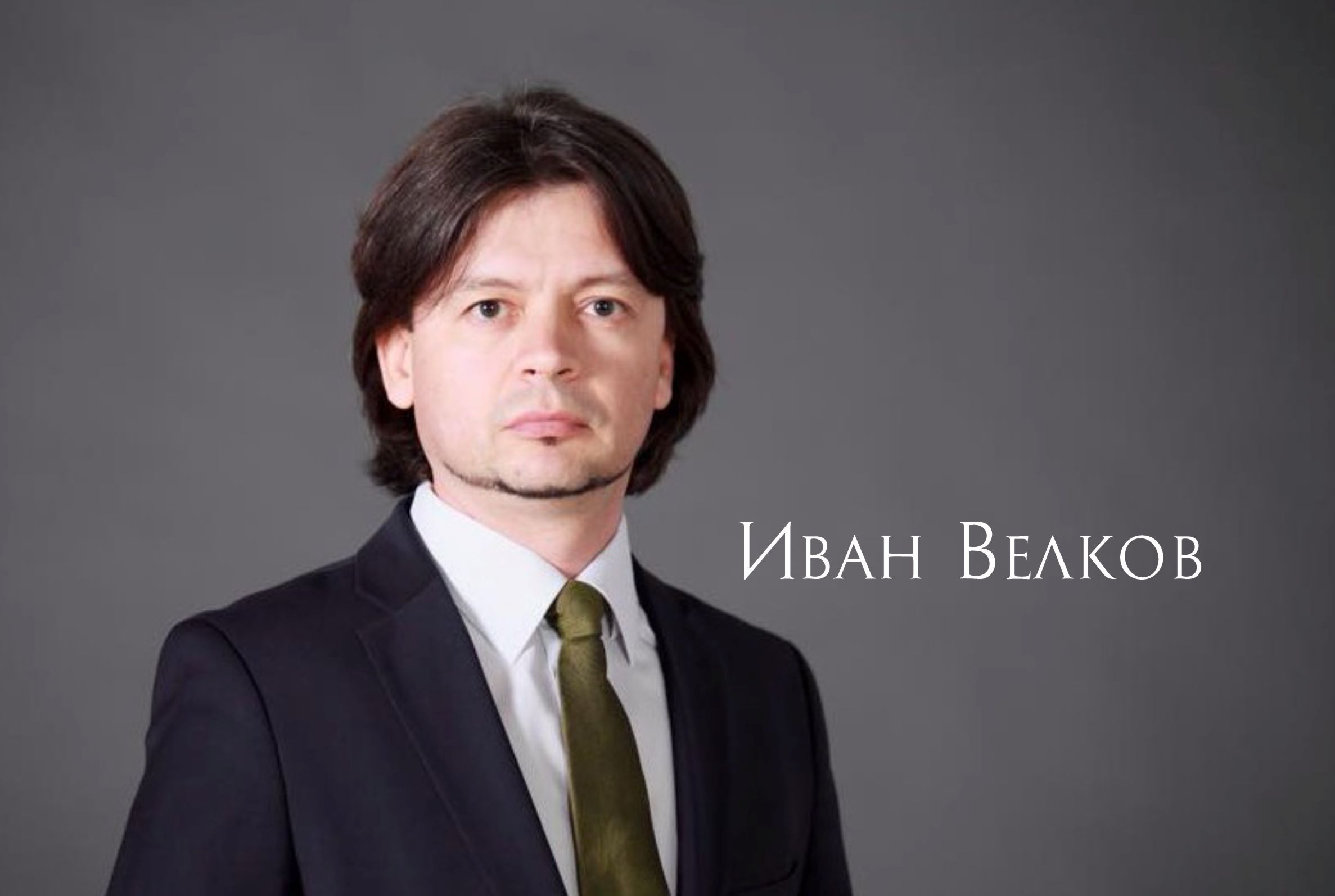“A boom in the real estate market”, “In the top three in terms of price growth”, but also “Stop Reconstruction”, “No skyscrapers” – those were the headlines and the slogans that started this strange for all of us year for all of us. The intertia of the dynamic and selectiveness of the previous year, which caused the popularity of urban themes and cases to reach unprecedented heights in combination with a much quieter but very logical cyclical rhythm, which is typical for the departments of the real estate market, forecasted a really different and yet boring year.
This led to the virus, the epidemic, the morning briefings and evening shutdowns of activities and businesses. To new additions to our vocabulary, “lockdown and home office”, too. The interest towards and needs of many more services and amenities in the already constructed buildings, especially in homes and public areas – hospitals, schools and kindergartens have increased dramatically. We have begun rethinking the needs and ways in which we use the administrative and commercial areas in the public and private sector. The construction of buildings and facilities hasn’t stopped, because of its nature, volumes and traditions. This time the financial institutions(unlike the previous crisis) kept their interest and attention towards the sector and the related projects and mortagage lending, even though the speed and success rate differed.
Though the real estate does have its specifics and disturbances such as the double standards and indulgences in extremes, it still presents itself as an alternative, buffer, security and salvation option. In spite of and especially during a crisis. From the diversification of portfolios of funds and professional investors, through the collateral for almost every loan of businesses and companies, for the renters with experience and the beginners, individual investors and, above all – for the basic and pragmatic desire of every person and household to multiply and preserve their biggest life acquisition and leave to their heirs property – real estate has always been a real, marketable, available and secure asset.
After the serious decline in activity and volumes during the first half of the year on an annual basis –building construction reduced by 8.4 % and civil and engineering (incl. infrastructure) construction increased slightly by 0.5 %, during the third quarter the intensity and number of transactions started systematically to recover.
As of November 2020, according to NSI, the National Register for New Construction and Reconstruction, NSNI and FIABCI:
A newly launched construction of 4,8 million sq. m, of which:
- housing: 2,7 million (down by 26 % compared to 2019)
- industrial buildings: I860 grand. (down by 20 %)
- offices and commercial areas: 170 grand a piece (down by 55 % and 0.67 %),
- alternative properties – health and educational establishments, holiday (urban) properties, closed complexes: 420 grand. (up by 57 %)
Number of transactions, third quarter of 2020:
- for the country: 56675 (growth of 3 % vs. 2019)
- Sofia: 6969 (+ 1 %) Plovdiv 3465 (+ 13 %) Varna 3565 (+ 7 %)
- Burgas 1852 (+ 2 %) Ruse 1321 (-5 %), Stara Zagora 1320 (+ 9 %)
Investment market in 2020: Transactions to the year half – EUR 202 million (vs. 21 %)
The Bulgarian real estate market, after experiencing several years of euphoria due to our forthcoming EU accession, during which the international interest of individual and institutional investors was stimulated by the competition with neighbouring and similar countries and destinations, went through a sobering financial crisis and a chronic depression, setting back previous projects and intentions, persistently and slowly started fighting for more attention both externally and internally.
Endless red tape, lack of incentives for innovation, processes and technologies, flea market expectations and sub-market attitudes from end-users, double standards and unfair competition, myths and legends about bad builders and greedy brokers. It’s a lot of quantity and a little quality. A lot of energy and a little efficiency.
That’s what I expect to change. Because of the exceptions: We have great professionals – architects and designers, engineers and urbanists, building consultants and managers who do not give up, do not compromise and raise the level of quality with their work. They win prizes and competitions with ambitious projects and wonderful buildings. They gain recognition and reputation and are elected to run respected international professional organisations.
I expect the positive trends and success of the private sector,the corporate culture and business ethics, their good practices and innovative but pragmatic and effiecient solutions to become a rule and a work standard. To truly “renovate” , not just pack selected buildings and fragmented problem areas; to actually “retrofit” the legal framework and the very system of relationships of all stakeholders, to start managing the processes and to seek long-term effects of a sensible and ecological attitude towards the environment and ourselves.
I expect a difficult year – with reduced volumes, lower expectations for annual filling and return, with many renegotiations and reschedulings. With many conceptual changes in the future by sifting out the random players and putting an end to the clichés. With prices not per square meters, but for a finished, meaningful final product and service.
But this is why real estate is so useful and both a mass and a professional alternative – because it gives a long-term perspective and, if it has the right foundation,it can withtand difficulties and vicissitudes of the sudden changes of the macro and microeconomic crises and upheavals. Because their market logic, even here, is more logical and more marketable than many other state-regulated or mono-(oli)gopoly. This is why it’s important for all stakeholders.
We have the ability to change it and improve it methodologically and firmly.







